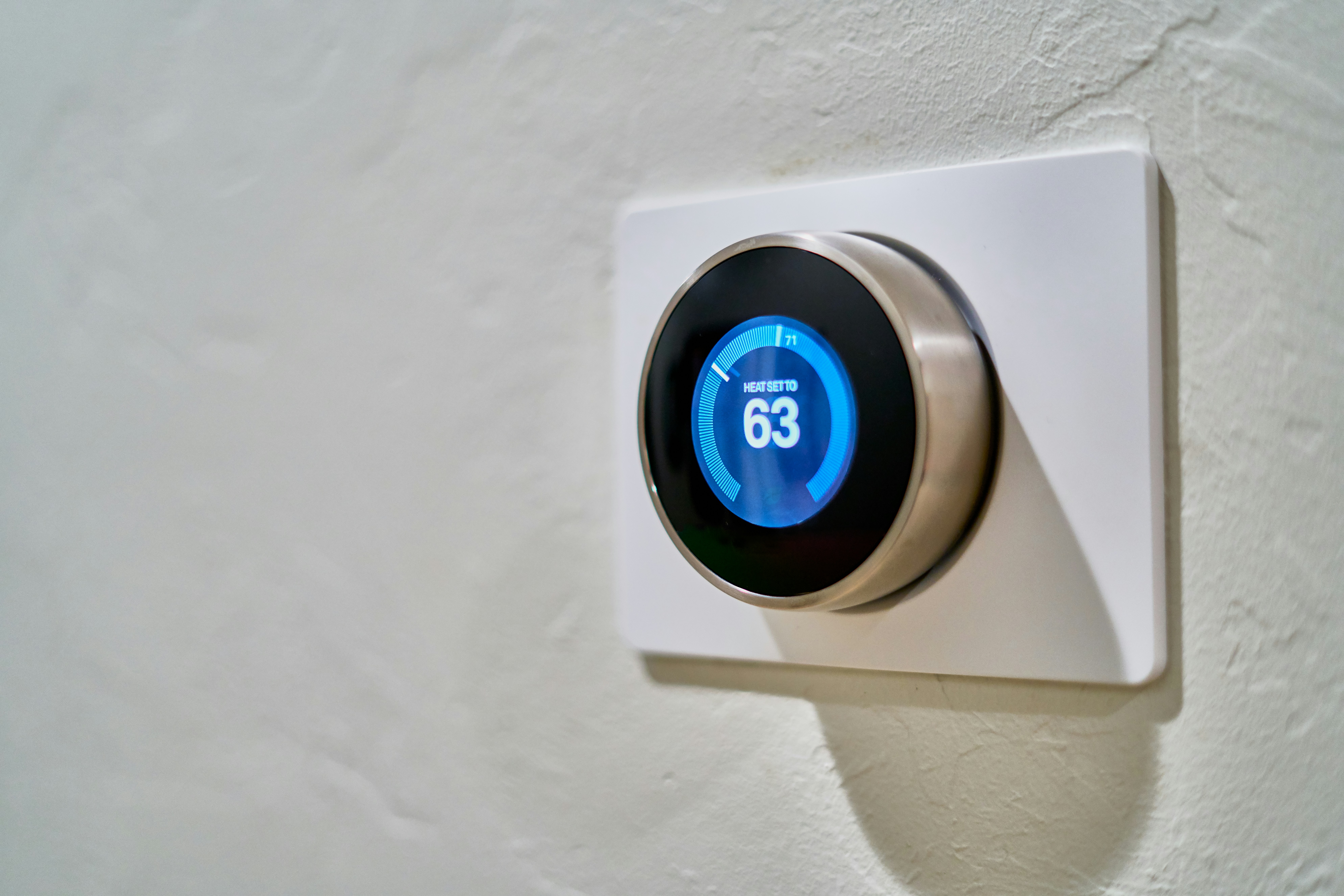
The Future of Real Estate: Trends and Technologies Shaping the Industry
Key Takeaways:
Virtual Reality (VR) and Augmented Reality (AR) Integration: These technologies are transforming how buyers view and experience properties remotely.
Smart Home Technologies: Advances in smart home tech are not just enhancing home functionality but also increasing property values.
Big Data and AI: These tools are revolutionizing the way properties are marketed and how market analytics are processed, offering tailored customer experiences and efficient market predictions.
Blockchain for Real Estate: Blockchain technology is increasing transparency and speeding up transactions by reducing the dependency on traditional paperbased processes.
Table of Contents:
Introduction
VR and AR: Bringing Properties to Life Virtually
Smart Home Innovations: More than Convenience
Big Data and AI in Real Estate: Predictive Analytics and Personalization
Blockchain: The Future of Property Transactions
EcoFriendly Buildings: Sustainability in Architecture
The Rise of CoLiving and CoWorking Spaces
Impact on Buyers and Sellers
The Road Ahead: What to Expect Next
Introduction
The real estate industry, traditionally seen as slow to adopt new technologies, is currently undergoing a significant transformation. Innovations in technology are not only changing how properties are marketed and sold but also impacting the overall experience of buyers and sellers.
From virtual reality (VR) tours of prospective homes to smart technologies making homes more comfortable and energy efficient, the future of real estate looks vibrant, exciting and very different from its past.
VR and AR: Bringing Properties to Life Virtually
Virtual reality and augmented reality technologies are no longer just the stuff of scifi. In the real estate sector, they are fast becoming essential tools.

VR allows potential buyers to tour properties from the comfort of their current homes, providing a 360 degree view of interiors without the need for physical presence.
On the other hand, AR overlays digital information on the real world, helping buyers visualize changes and potential renovations.
The trend of VR and AR integration in real estate might have some effects on the market including:
Increased Accessibility: Buyers can tour numerous properties quickly and from anywhere in the world.
Enhanced Engagement: Interactive and immersive experiences keep potential buyers engaged and can increase selling prospects.
Smart Home Innovations: More than Convenience
Smart home technology seamlessly integrates into everyday life, offering everything from advanced security systems to thermostats that learn and adapt to your schedule. These technologies not only provide convenience and safety but also offer significant returns on investment through increased property values and appeal.

Two Key Advancements in Smart Home Technology are:
Automated Systems: From lighting to heating, automated systems allow for a tailor made living experience.
Energy Efficiency: Smart homes often use less energy thanks to intelligent systems like smart thermostats and lights.
Big Data and AI in Real Estate: Predictive Analytics and Personalization
The integration of big data and artificial intelligence in real estate is transforming the market landscape. AI algorithms help in predicting market trends, making investment decisions, and personalizing the buying experience for clients.
Blockchain: The Future of Property Transactions
Blockchain technology promises to make real estate transactions more transparent, secure, and efficient.
By decentralizing the transaction process, blockchain reduces the risks of fraud and makes the process faster by eliminating many traditional steps like the need for escrow agents.
Eco-Friendly Buildings: Sustainability in Architecture
Sustainable construction practices and eco-friendly buildings are becoming a priority for many developers and buyers. Green buildings not only help in reducing the carbon footprint but also offer savings through efficient use of resources like water and energy.
The Rise of Co-Living and Co-Working Spaces
As urban populations grow, co-living and co-working spaces are gaining popularity. These arrangements not only help in maximizing space and resources but also cater to the needs of a dynamic workforce and societal shifts towards more flexible lifestyles.

The Road Ahead: What to Expect Next
The future of real estate is poised for more innovative breakthroughs that will continue to shape the buying and selling experience. The integration of more robust AI, VR, and smart tech into everyday real estate transactions is expected to make the industry more transparent, efficient, and user friendly.
The real estate industry is on the brink of a transformative era, sparked by technology and innovation. By embracing these changes, stakeholders in the sector can look forward to a more dynamic, accessible, and efficient future.


